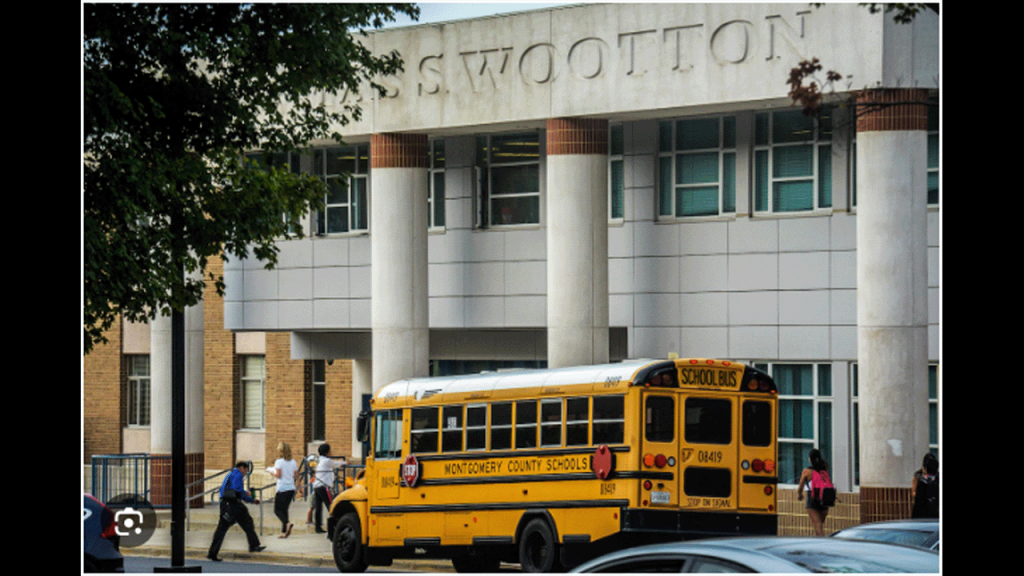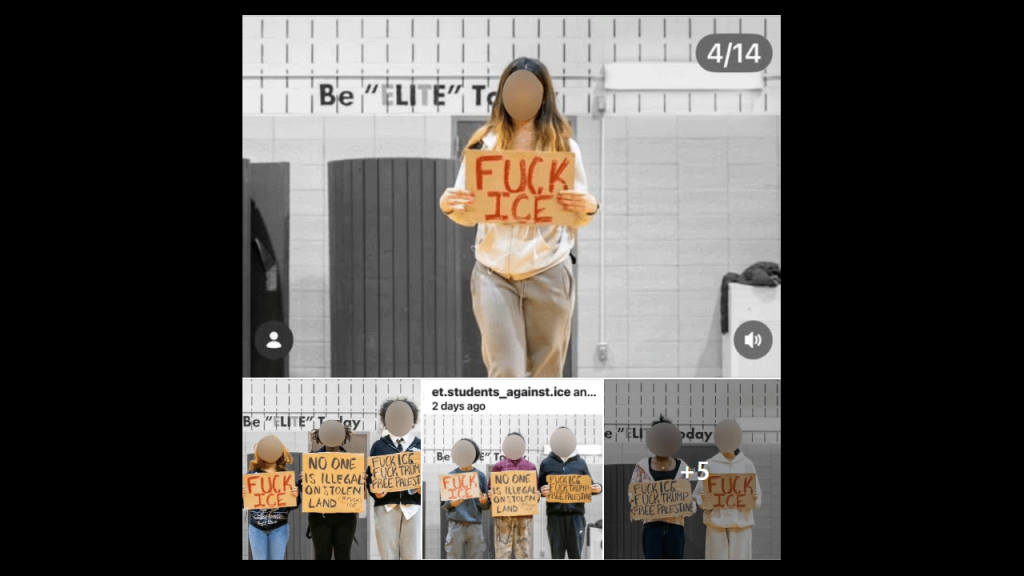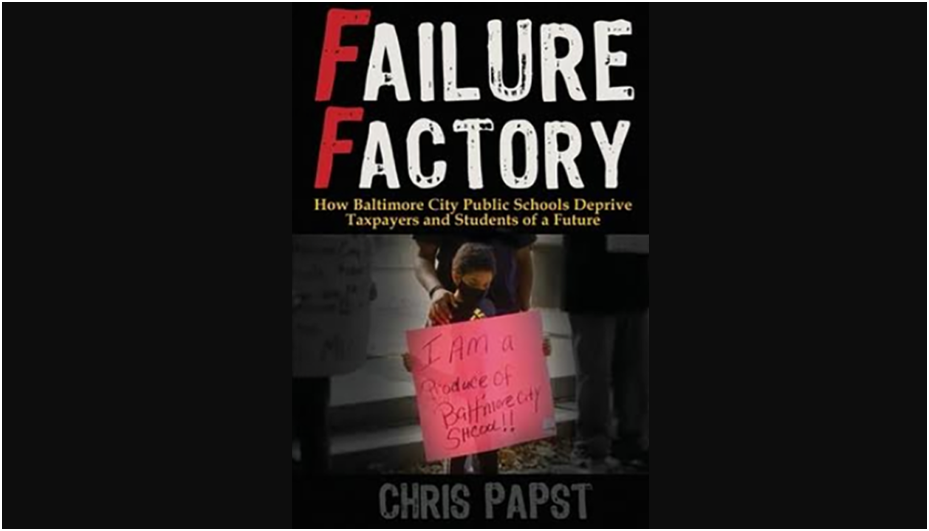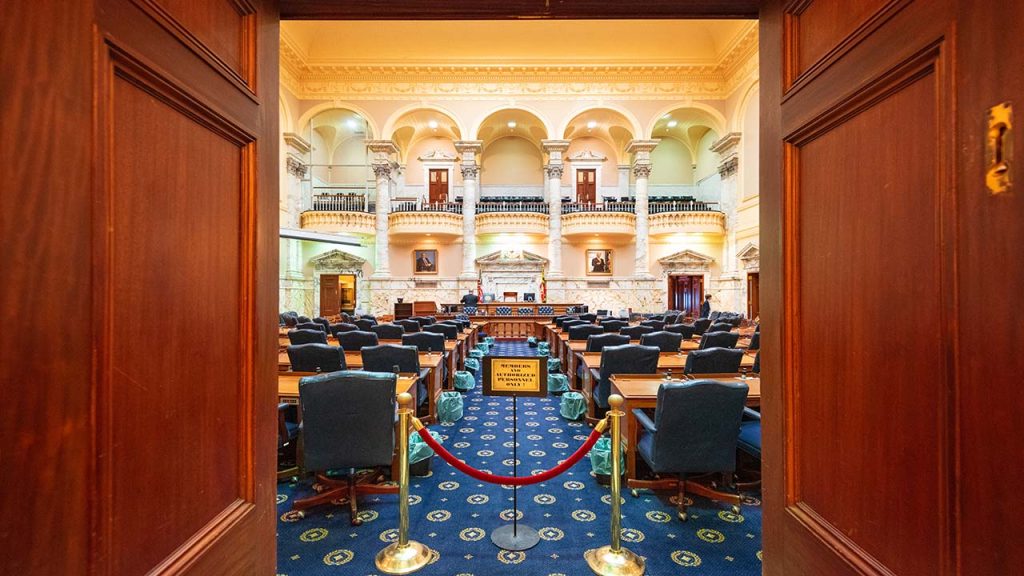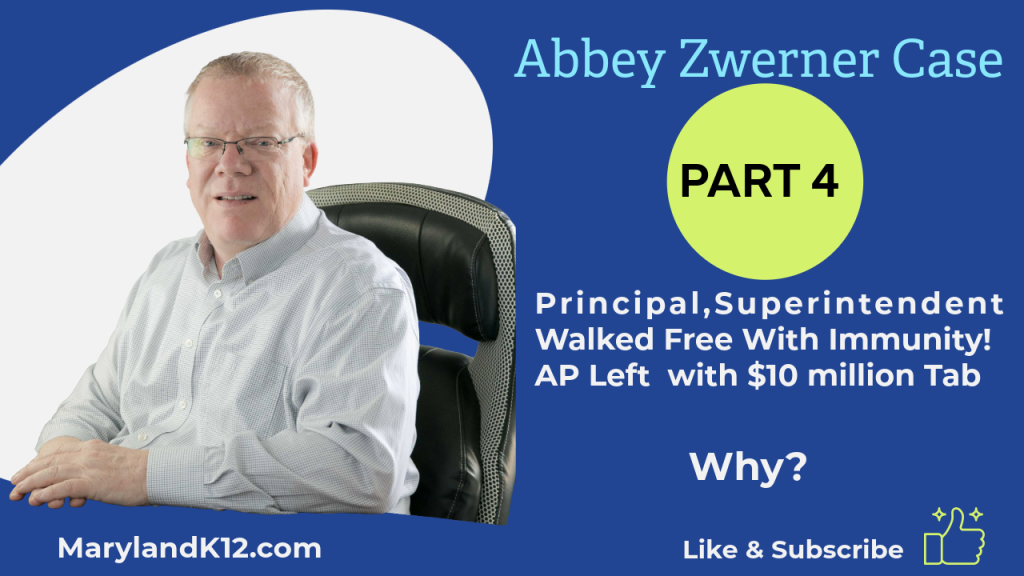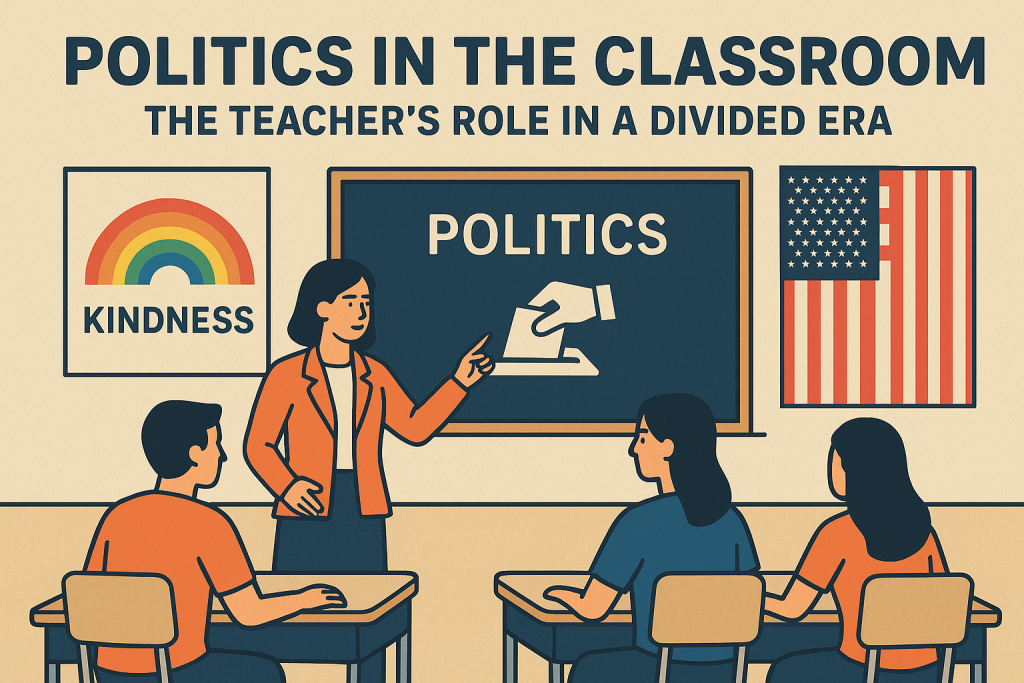

Futures literacy leadership: Leading in the age of disruption
In the ever-evolving landscape of education accelerated by rapid, disruptive societal change, the need for visionary and transformative leaders has become more critical than ever. Leaders must possess the ability to cultivate a positive educational culture that fosters academic excellence while preparing their students for an increasingly complex and nuanced future.
A partnership between Western New Mexico University (WNMU) and Cognia’s Trusted Provider MyVoice, stands as an exemplary model for nurturing educational leadership that invests more energy into creating an exciting future rather than reacting to an irascible present. These leaders are adept at shaping positive cultures through our schools and into our communities. They are poised to embrace the complexities and challenges in this age of unprecedented social, economic, and environmental disruption.
The WNMU|MyVoice partnership is built on the fusion of two powerful concepts: dialogic organizational development and generative change theory. Dialogic organizational development emphasizes open communication, active listening, and collaborative decision-making. It recognizes that meaningful change can occur only when stakeholders engage in constructive conversations that allow diverse perspectives to be heard and integrated. Befittingly, generative change theory posits sustainable transformation is achieved through a process of innovation, where conceptual shifts and new practices, founded on shared intrinsic value and purpose, emerge from within the organization.
At the heart of this partnership lies MyVoice, a digital real-time culture-monitoring platform that enables teachers and education leaders to foster collaboration and develop a schoolwide commitment for improvement. Through the research and recommendations on effective instruction from practitioners, the MyVoice team identified the 10 MyVoice Drivers and 48 MyVoice Indicators that help distinguish the ideas, customs, beliefs, and social behaviors within the educational organization. Culture plays a pivotal role in shaping the learning environment and, consequently, the overall educational experience for both students and educators. An informed educational culture reflects an atmosphere of respect, inclusivity, and shared values, fostering a sense of belonging among all stakeholders. A culture that embodies these principles is essential for effective teaching and learning to take place. It is within this crucible of culture that future literate leaders must learn to navigate.
The partnership between MyVoice and WNMU represents a pioneering endeavor that synergizes dialogic organizational development and generative change theory to produce futures-oriented education leaders with a profound impact on educational culture. Aspiring leaders participating in this program engage in oft cathartic and reflective dialogue sessions that encourage them to articulate their values, listen to the perspectives of others, and collectively brainstorm innovative solutions to complex challenges. These dialogues model how leaders can provide a safe space for the learning community to explore new ideas, challenge assumptions, and refine their own leadership philosophies.
Moreover, generative change theory serves as the driving force behind the creation of novel strategies and practices. By fostering an environment where leaders are encouraged to experiment and innovate, this theory empowers them to develop context-specific solutions to the challenges they encounter. This not only enhances their problem-solving skills but also instills a sense of agency and ownership over the change process.
As these futures literate leaders graduate from the WNMU program, they will be uniquely equipped to catalyze positive changes in educational culture while navigating the complexities of leading in the age of disruption. Armed with the skills to facilitate dialogues, they can foster a climate of open communication among faculty, staff, students, and parents. By actively listening to the concerns and aspirations of various stakeholders, they can collaboratively devise strategies to enhance inclusivity, equity, and overall satisfaction within the educational community.
Furthermore, these leaders will be equipped with the mindset to approach challenges as opportunities for growth. They view change not as a top-down imposition but as a collective endeavor, encouraging the entire community to embrace innovation. This shift in perspective fosters a culture where experimentation is encouraged, failures are valued as steppingstones, and successes are celebrated collaboratively.
The partnership between WNMU and MyVoice exemplifies a visionary approach to preparing futures literate leaders who possess the acumen to transform the learning experience. By immersing these leaders in an environment of open communication, collaborative decision-making, and innovative thinking, this partnership equips them with the tools to navigate complex challenges with resilience and creativity. As these leaders enter schools and educational institutions, they carry with them the potential to create vibrant and inclusive cultures that nurture holistic growth where all are citizens of the learning environment. Through this collaborative effort, the partnership envisions a future where educational leadership becomes a catalyst for positive change and lasting impact.
Dig Deeper With Our Longreads
Newsletter Sign up to get our best longform features, investigations, and thought-provoking essays, in your inbox every Sunday.
The MEN was founded by John Huber in the fall of 2020. It was founded to provide a platform for expert opinion and commentary on current issues that directly or indirectly affect education. All opinions are valued and accepted providing they are expressed in a professional manner. The Maryland Education Network consists of Blogs, Videos, and other interaction among the K-12 community.





